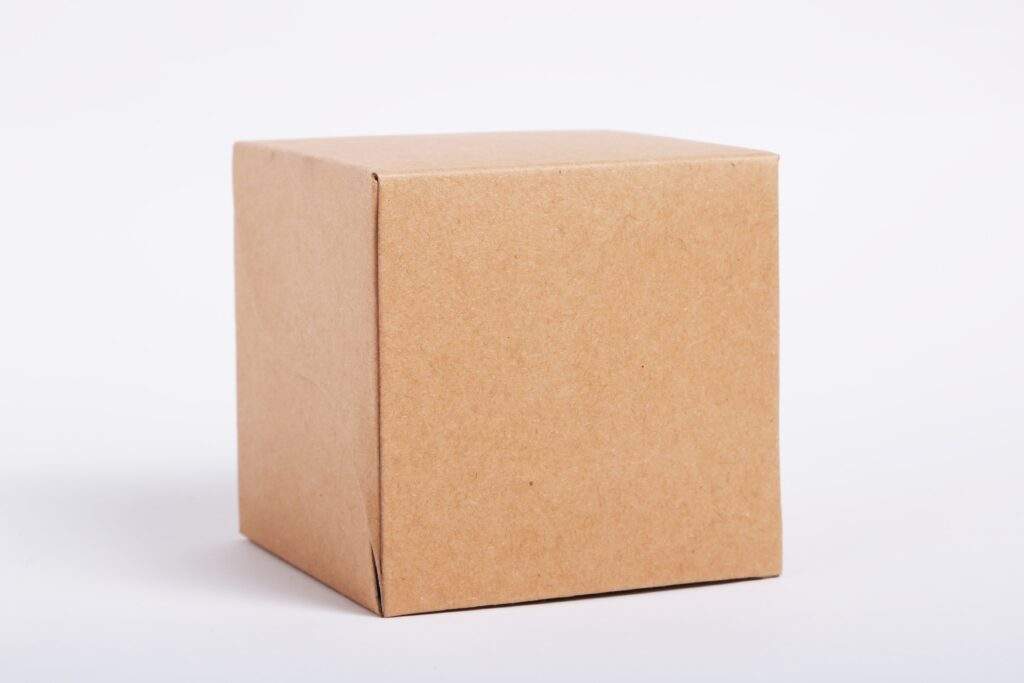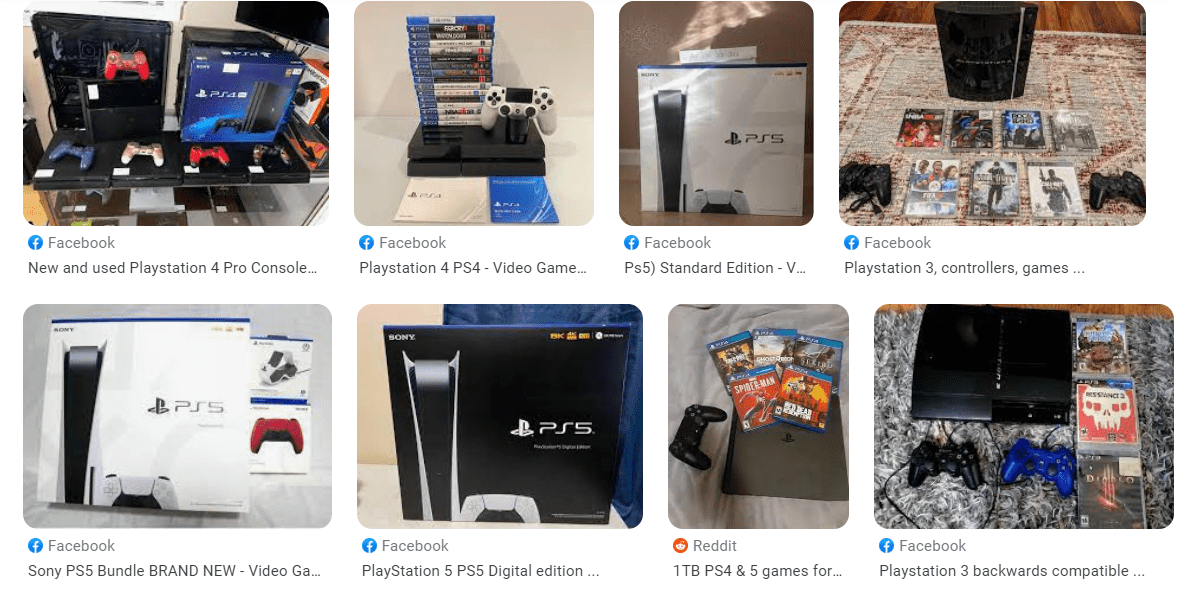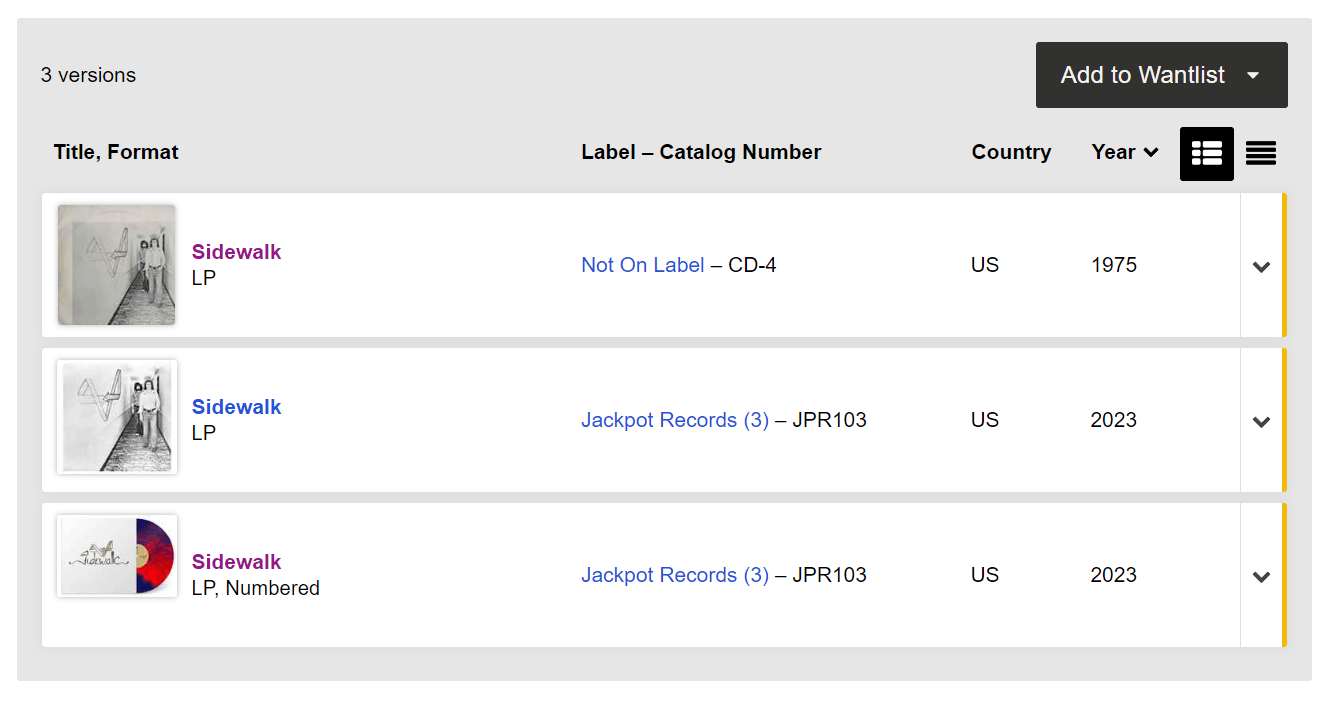
From thrift shops to card stores, the same skills apply

Less risk, more opportunities, plenty of profits

There's free money at the grocery store

There’s more places to list your items for sale than eBay
Sometimes a local sale can be more profitable than selling online
Niche marketplaces are useful options for resellers
Today’s topic is something most resellers are intimately familiar with: online marketplaces. From eBay to Craigslist, Depop, Grailed, OfferUp, and more, you have to list your items somewhere if you want them to sell. While this is usually a pretty straightforward process, their are some nuances behind where you put your items up for sale that can impact how long it takes for them to move, and the price you can get for them. So stick around while we answer some of the most common questions around selling items online.
Well, nine times out of ten that answer will be eBay, and there’s nothing wrong with that. Almost any item can be listed on the platform, and it’s many people’s first stop when looking for items to buy. Getting familiar with eBay is something most resellers will do.
That said, there are many more online marketplaces out there, and different buyers will use them for different reasons. Understanding what sets a marketplace apart from its competitors is important when reselling an item, especially if it is rare or niche. Sometimes the difference between where you sell can be hundreds of dollars in profit, or an instant sale.
Let’s make it simple. Broadly speaking, there are two kinds of platforms to sell your items on: local marketplaces and online marketplaces. While most sites will offer both options, they tend to focus on one, and buyers will come to the site expecting that type of transaction.
Facebook Marketplace, Craigslist, and OfferUp are all examples of a local marketplace. Buyers and sellers will communicate online, but the final sale will generally be made in person. This has its own set of pros and cons, but selling locally means you don’t have to ship products, and sales can be done quite fast in some scenarios.
Outside of local options, there are also online marketplaces. These sites can be broken down into an additional two types: general and niche. General sites generally experience the highest volume of traffic (think eBay and Amazon), while niche sites are focused around a much smaller category of items. Discogs, Depop and StockX are all examples of niche platforms.
There’s a lot of information here to absorb, so we’ll be going category by category. Feel free to skip around if you have questions about a particular topic.
This is a question that you may or may not have given much thought to. If you’ve always sold your items online, you might be wondering what the advantages of reselling locally are. While local sales aren’t always the best choice, there are certain situations where they’re ideal.
Selling locally is best when you have an extremely popular item to resell. This is something like a sold out gaming console or trendy kitchen appliance. These items are popular enough that finding a local buyer with money to spend is extremely easy.

Facebook Marketplace was packed with listings for PS5s in 2020
Additionally, heavy, bulky, or otherwise difficult-to-ship items are good choices for selling locally. Exercise equipment, weights, or large electronics fit the bill here.
Of course, you can list your items both locally and online. Here’s our comparison between some of the most popular marketplaces for local sales.
This is our personal favorite. Facebook Marketplace is integrated with the social media platform, so your listings have huge reach and a good chance of being seen by the right buyer. It also means that both buyer and seller are operating using their real names and faces, which makes transactions much safer. Using Facebook Marketplace is a good way to get a feel for your buyer before the transaction.
You can check out our full guide to selling on Facebook Marketplace here.
If you’re familiar with Facebook Marketplace, then you’ll have a feel for OfferUp. The platform is heavily focused around local sales, and you’ll have plenty of buyers in the area. Selling on OfferUp is ideal if you don’t want to use a Facebook account to conduct business, but you won’t have quite the same reach as Facebook.
Compared to the previous platforms, Craigslist offers a bit of a different vibe. We covered it in length in our guide to reselling on Craigslist, but the short version is Craigslist buyers are more deal-oriented. The platform revolves primarily around selling used goods, so you may have a harder time convincing buyers to meet your listed price.
If your prefer to do your sales online and avoid the hassle of an in-person meetup, there are tons of platforms you can use. As we mentioned before, these general boil down to general and niche sites. You’ll do most of your selling through these general sites like eBay or Amazon as they have the highest volume of traffic.
For a complete writeup on selling on these platforms, you can check out our guide to reselling on eBay here, and our guide to Amazon here. The good news is these platforms are extremely user-friendly and very popular. Setting up a marketplace on either is easy, and you can start selling in a matter of minutes.
There are some times where you want to list your item on a more specific marketplace. This is generally when you have an item that would only really appeal to a particular customer, generally someone who’s knowledgeable about what you’re selling.

Selling on Discogs allow you to see every time a record was released
For example, let’s say you want to sell a vinyl record. If it’s a limited edition pressing of a recent album by a popular band, you can easily list it for sale on eBay. Chances are there will be plenty of buyers interested in it that you won’t need to list anywhere else.
But what if you have a considerably more rare and less known record? Maybe it’s a one-off recording from some band from the 70s, or a special pressing done on a unique material. In these situations, you’ll want to seek out a niche marketplace to maximize your profits.
In the scenario we just mentioned, you would want to list your rare vinyl record on Discogs. This is a site dedicated to collecting and discussing music, and includes a built-in marketplace. Members can look at summaries of albums, view a list of all known releases, and immediately view examples for sale.
For a more detailed look at reselling vinyl, check out our guide here.
If you have some vintage, collectible, or otherwise valuable articles of clothing, you can make some cash selling them online. Depop and Grailed are some of the most popular options for selling clothes, with plenty of buyers checking for new listings daily. If you have shoes to sell, Grailed is perfect.
We’re betting most resellers are already quite familiar with this platform. StockX has a variety of categories to connect buyers and sellers. You can sell shoes here, but it’s also an ideal stop for listing collectibles, trading cards, art, and branded merchandise.
StockX is a notorious part of streetwear culture, and many buyers browse the site every day for the new products.
No matter where you choose to sell your item, the first step is listing it. Buyers rely on you to make a good, informative listing so they know what you have. It’s important to make a good listing even if you intend to sell your item locally. You don’t want to waste time arranging a meeting only to have the buyer pull out at the last minute.
Fortunately, making a good listing is quite easy. Just keep these steps in mind:
Ask yourself, would you ever buy an item without taking a good look at it first? Having good pictures on your listing is critical to making a sale, so don’t skip, and add as many as you can.
Additionally, try to use pictures that you’ve taken yourself. Buyers are more likely to put trust in you if your pictures are unique and show that you actually possess the item. If you’re selling an item like a preorder where you don’t actually have in hand, then use pictures directly from the manufacturer, and make sure that they actually depict the item you’re trying to sell.
You don’t need special equipment to take good pictures. Your phone is just as good as any camera, but make sure you clean up around the item first. Messy backgrounds don’t look good on a listing.
Make sure you describe the item exactly as it is. For new, unopened products you can generally just copy a product description directly from the manufacturer, and be sure to say that it’s brand new.
If the item has defects or damage, make sure you’re upfront about it. Include any relevant issues in your photos too. It’s important to be transparent about the condition of the items, because a dispute with your buyer can translate to wasted time and a ding on your seller rating.
Don’t let the term spook you. Search engine optimization, or SEO, is an important part of listing any item for sale using the internet. If you want people to be able to find your items for sale, then you need to make them easy to find.
Make sure you include the exact name of your item in the listing, and include the model number if possible. It the item your selling has several variants, clearly specify which one it is. Your title should make it clear at a glance what it is you’re selling. If there are any relevant nicknames, short names, or other terms someone might refer to the product as, include them.
You may want to include similar products to yours in the listing, but always be careful to be absolutely clear about what you’re selling. Your goal is to get people to look at your listing, but not to buy the wrong product.
As you can see, where and how you list your items to resell can have a big impact. If you’re selling the right products on the wrong platforms, you could be missing out on sales and profits. It’s worth learning about the different platforms and what each has to offer.
Of course, there’s also a good degree of personal preference at play. You may come to find that you favor one platform in particular for reselling, and do the majority of your sales there. In the end, whatever works best for you is what you should keep doing.
And the best way to find out which platforms you prefer is to start making sales. For updates on new items to resell, subscribe to our newsletter, and check out RC Elite if you’re ready to have the best and most profitable flips sent to you daily.

From thrift shops to card stores, the same skills apply

Less risk, more opportunities, plenty of profits

There's free money at the grocery store